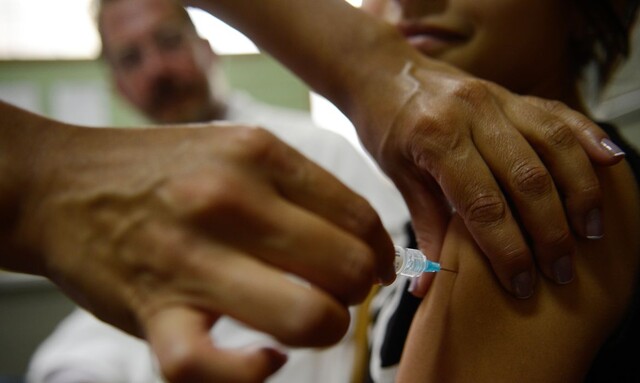
The World Health Organization (WHO) has updated recommendations for a vaccine against human papillomavirus, a major risk factor for cervical cancer. This disease is one of the leading causes of death for women all over the world. The virus does not only affect women. The disease also poses risks to men. For experts, the best method of prevention is the use of condoms, both male and female, as well as vaccination.
Although the vaccine is one of the main forms of prevention, the percentage of immunization is declining worldwide. Flavia Miranda Correia, medical advisor to the Cancer Foundation, estimates that there are several reasons for the decline in adherence, and highlights the importance of the campaigns.
“The emphasis has been placed on avoiding the sexually transmitted virus, as the focus must be shifted to cancer prevention. Another difficulty is vaccination in schools in the country, and the third issue is more related to the anti-vaccination movement, which is not exclusive to the country Brazil,” he explained.
In Brazil, since 2014, when the HPV vaccine was introduced in the national vaccination schedule, the quadrivalent vaccine, provided free of charge by the Unified Health System (SUS), is provided.
According to the Department of Health, the HPV vaccine is given to girls and boys between the ages of 9 and 14. This is because it is highly effective in adolescents in this age group who are not exposed to HPV types 6, 11, 16 and 18, stimulating the production of antibodies in quantities many times greater than those found in a naturally acquired infection within two years.
The best time to get vaccinated is in this age group, preferably before starting to have sex, i.e. before exposure to the virus. Brazil is one of the countries offering the vaccine to the most prevalent age groups and was one of the first countries in Latin America to include boys in the vaccination.
And the Ministry of Health informed, in a note, that the National Immunization Program is following the discussion and awaiting the completion of other studies on the duration of immunity with a single dose, and this matter will be discussed in the first half of 2023.

“Wannabe internet buff. Future teen idol. Hardcore zombie guru. Gamer. Avid creator. Entrepreneur. Bacon ninja.”



